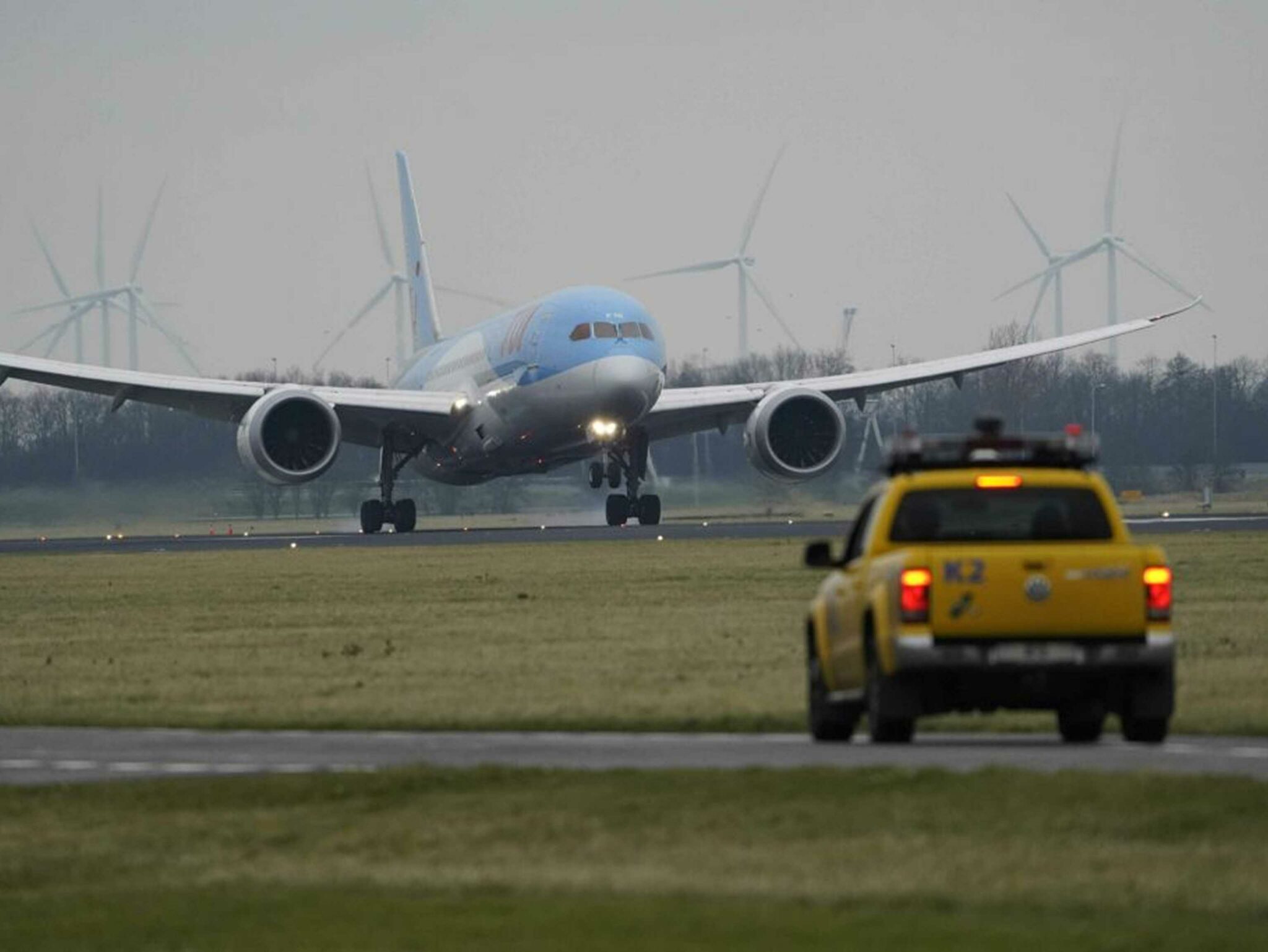When crises are no longer a scenario – but everyday business Alternative headline: Multi-crises are the new normal – preparedness is not a luxury
Airports around the world report system failures. Thousands of travelers are stranded. Flights are grounded, hotlines are overwhelmed, and social media is in overdrive. These are not theoretical scenarios for companies like TUI Deutschland – they are part of daily operations. As one of Europe’s leading travel providers, serving millions of holidaymakers each year, TUI has long since moved beyond crisis simulation. Crises are part of reality. Still, the organization asked itself one key question:

How well are we truly prepared – especially in light of the new international crisis management standard, ISO 22361?
TUI Deutschland has a long-standing, professional crisis management system that is active year-round. A core team of seasoned experts can be expanded as needed with over 90 additional specialists and leaders – forming a highly developed structural and personnel framework.
However, with the publication of the new DIN EN ISO 22361 in February 2023, a new focus emerged:
Does our existing practice align with what is now considered international best practice?
The standard goes far beyond traditional structures – it calls for systemic thinking, governance frameworks, strategic learning, and organization-specific relevance.
Objective: A "Reality Check" for a Mature Crisis Organization
Even well-established systems benefit from external scrutiny. This is where the collaboration between TUI and Rosenberg Strategic Communication (RSC) came in. The goal was not to implement a new crisis management system, but to conduct a structured, independent assessment to determine:
- To what extent TUI’s current system already meets the new standard
- Which elements of ISO 22361 are truly relevant to TUI’s business
- And how existing structures could be strengthened or refined
A key success factor: evaluating relevance. Not every requirement of the standard makes equal sense for every organization. Rosenberg SC helped TUI identify and justify these distinctions clearly – applying a methodological “reality check” tailored to the world of a global travel operator.
Findings: Strong Foundation, Targeted Adjustments
The assessment confirmed the high maturity level of TUI’s crisis management – particularly in leadership, structure, and operational response. At the same time, it identified areas for enhancement, including:
- Documented governance aligned with ISO 22361
- Crisis communication strategies adapted to new digital challenges
- Systematic learning from real and simulated crises
The results were documented in detail and prioritized together with management in a focused workshop. TUI was not only able to evaluate its own systems but also to derive targeted measures to ensure long-term resilience.
Conclusion: Where Expertise Meets Reality
In an era of growing uncertainty and international mobility, crisis management is not optional – it is a strategic asset. TUI’s comparison against ISO 22361 was not a sign of weakness, but of foresight: a willingness to engage in a candid, professionally grounded reality check.
Rosenberg SC supported the process not with off-the-shelf solutions, but with a tailored, methodological approach – always focused on what truly matters for TUI.





